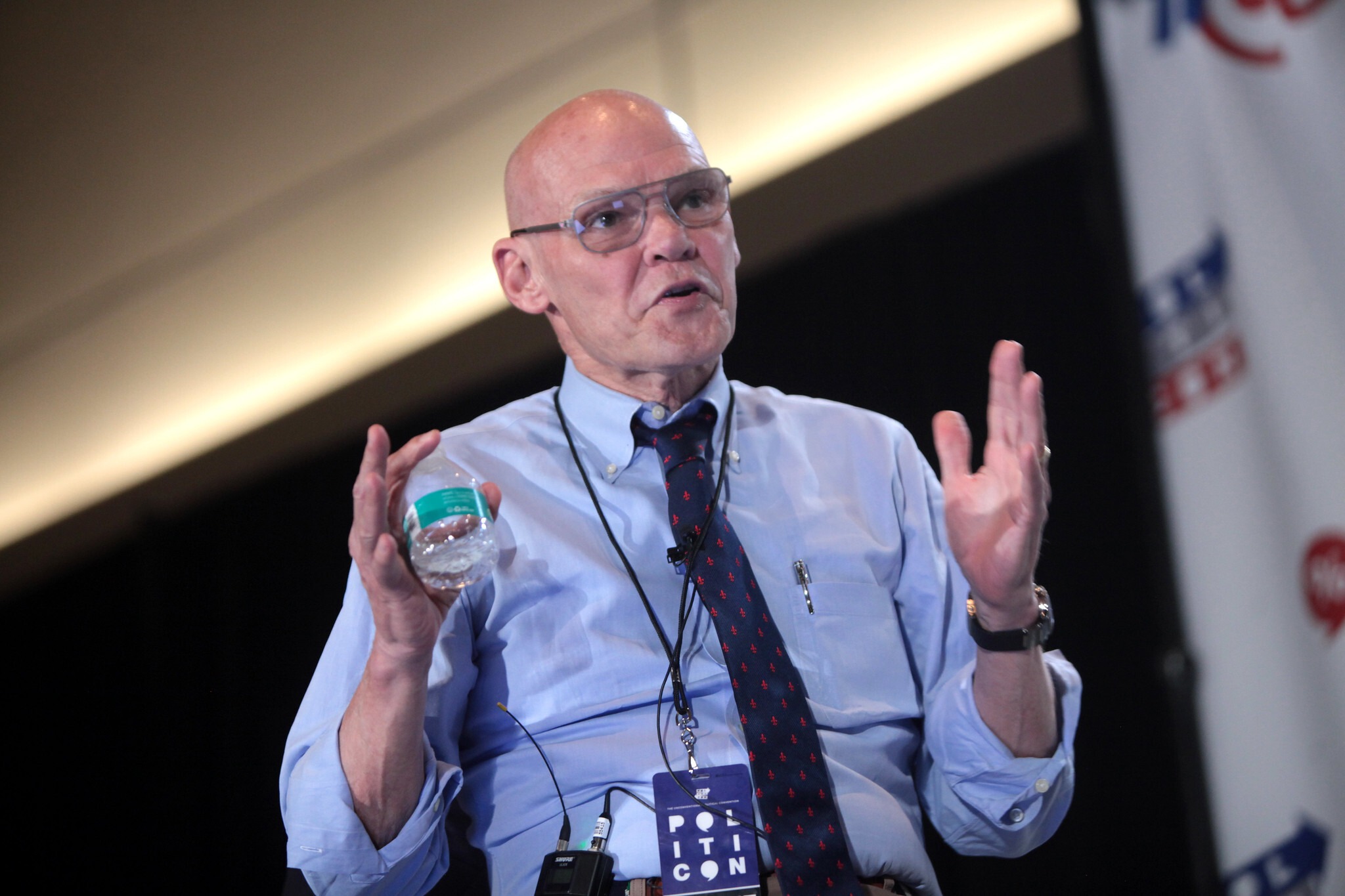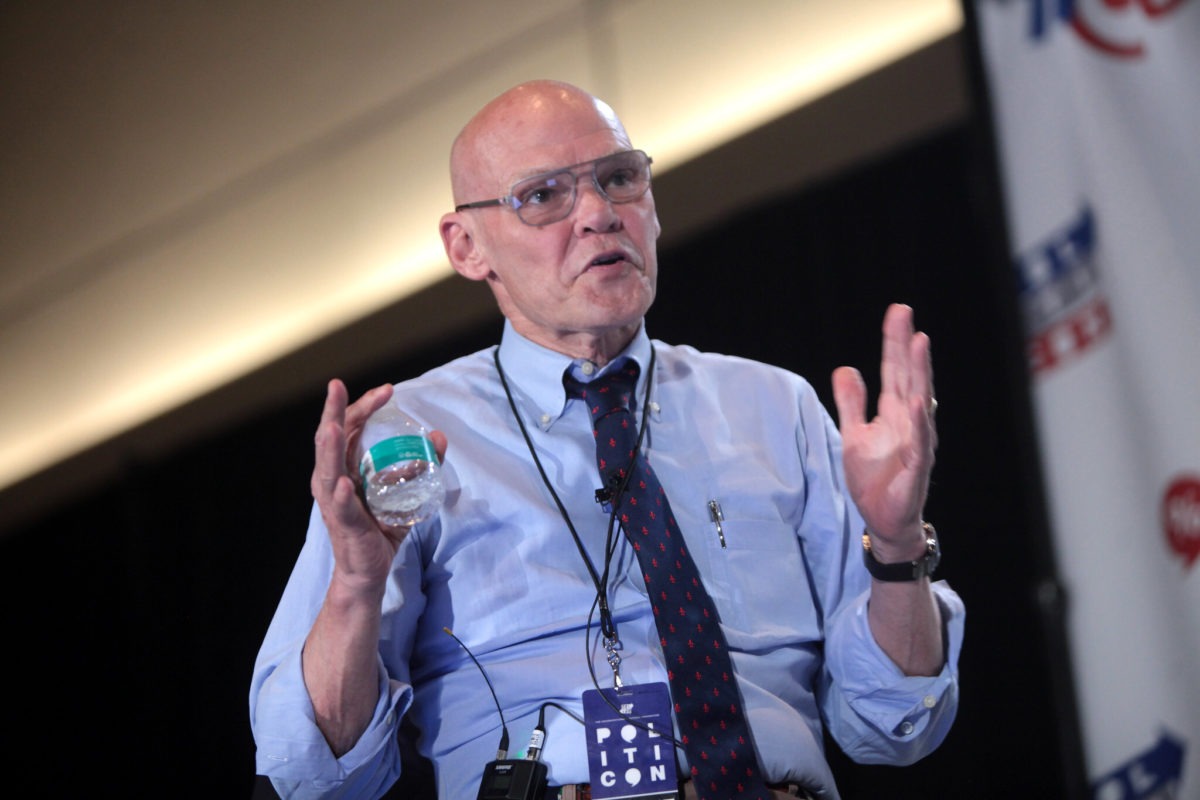Newsletter
Democrats Would Rather Become Republicans Than Make the Case for Justice Reform
If the Democratic Party wants to run away from those candidates, it will only be running towards its own demise.


Democrats Would Rather Become Republicans Than Make the Case for Justice Reform
by Jerry Iannelli
When San Francisco’s progressive district attorney, Chesa Boudin, lost a recall election this month after a years-long, bad faith smear campaign, influential pundits and politicians rushed to claim that his defeat spelled the death of justice reform as a winning political issue. In perhaps the most high-profile example, New York Times reporter Shane Goldmacher wrote — in an ostensibly non-opinion news piece — that voters in California “delivered a stark warning about the potency of law and order as a political message in 2022.”
But the takes seem to be a case of willful blindness more than anything. On the day of Boudin’s loss, a wave of progressive candidates also won elections in Los Angeles County and across California, propelled by campaigns centered around shifting resources away from policing and punishment and toward social services.
As of publication time, Hugo Soto-Martinez, a longtime union organizer running for Los Angeles City Council District 13, received more votes than incumbent Mitch O’Farrell. Erin Darling, a civil rights lawyer who has also advocated for greater investment in non-carceral services, also leads his race for District 11. In the city controller’s race, accountant Kenneth Mejia dominated his primary after plastering billboards across the city showing that police were sucking up far too much of the budget.
And while certainly on the less progressive end of the spectrum, mayoral candidate Karen Bass received more votes than her Democratic primary opponent, former Republican and billionaire tough-on-crime candidate Rick Caruso. Multiple races will head to runoffs in November thanks to California’s “jungle primary,” system, wherein the top two primary candidates, regardless of party, face head-to-head (unless a candidate receives more than 50 percent of the vote in the first round).
Most notably, City Council District 1 candidate Eunisses Hernandez, a longtime police critic who worked on decarceration initiatives for the Drug Policy Alliance and La Defensa (a group she co-founded), won her race outright with 54 percent of the vote. Hernandez beat centrist incumbent Gil Cedillo by running on a platform that prioritized shifting resources away from armed cops and closing down the scandal-plagued Men’s Central Jail.
These may not be races for state or national office, but they’re still shockingly powerful positions. There are just 15 council members representing Los Angeles’s 4 million residents, which means a single commissioner, on average, represents a population roughly half the size of Wyoming’s. The mayor and city controller are citywide positions, representing a population larger than 23 U.S. states.
One might think that the mainstream Democratic Party would be relieved to see such a large slate of justice reform candidates sweeping up consequential primary election victories—including in the comparatively more conservative Contra Costa County, California, where progressive district attorney and Boudin ally Diana Becton won reelection. With early indications suggesting the 2022 midterms could be a bloodbath for Democrats, these wins could be an indication that campaigns centered around police reform and more expansive visions of justice and public safety can drive voters to the polls.
But instead, Democrats once again seem to be running in the opposite direction. On June 8, mere hours after Boudin’s defeat, the influential centrist think-tank Third Way went on the offensive, effectively urging Democrats to cynically abandon justice reform and instead try to out-Republican the Republicans.
In a piece titled, “The Red City Defund the Police Problem,” Third Way authors Jim Kessler and Kylie Murdoch made the case for Democrats to argue that it is actually Republicans who are “soft on crime.” According to their report, large cities run by Democrats actually funnel more of their budgets to police than those run by Republicans. To some, this data is likely a not-so-surprising reflection of the fact that Democratic mayors have continued to prop up the historic over-policing of many urban areas in America—even amid growing skepticism about its effectiveness as a public safety strategy. But to Third Way, it was a cause for celebration.
“Our conclusion is that the ‘defund the police’ charge against Democrats may be politically damaging, but it is factually inaccurate,” the authors wrote. “If anything, Republican mayors have a defund problem.”
This tactic—the political equivalent of saying, “I know you are but what am I?”—seems tailor-made for the army of centrist pundits and political “strategists” who have used Boudin’s demise to call for a Democratic retreat on policing and justice reform. Said commentators include New York Magazine’s Jonathain Chait, talking head Bill Scher, and Clinton-era fossil James Carville, who cheered Boudin’s loss on CNN, claiming that he had been elected by “snobby, self-righteous elites.” That Carville—a former presidential adviser who trades in luxury real estate and is famously married to a prominent conservative strategist—could get away with calling anyone but himself “elite” exposes how divorced from reality the anti-police-reform crowd really is. Like many of Boudin’s critics, Carville is financially invested in a world where police enforce social and economic order. He and other members of the pro-recall crowd were so eager to define Boudin’s loss as an endorsement of their worldview that they seemingly forgot to check the results of the state’s other elections that night.
Never mind the fact that jettisoning justice reform from the Democratic platform only legitimizes the many, many lies told during the campaign against Boudin. Fetishizing police as society’s problem-solvers is an inherently conservative endeavor, and by now it should be clear that Democrats cannot win by simply turning the GOP’s toxic and disingenuous messaging against them. Pointing the finger at Republicans and arguing that they are the soft-on-crime party offers voters no competing vision for the world, no positive new ideas to support, and no hope that Democrats believe the country could be better or even marginally different than it is now.
To cede even an inch to the Republicans’ talking points on crime is to validate their entire project in the eyes of voters. If Democrats are willing to buy into the false idea that crime is rampant and that cops can fix it, then why would voters opt to choose the Democrats’ moderate half-measures over Republicans’ full-throated support for police?
Since the 1990s, Third Way-style Democrats have banked on the idea that voters will choose their brand of conservatism-lite over the Republicans’ Conservatism Classic. The ensuing years have provided little evidence that this approach has done much other than hand Republicans control of most major state and federal governmental branches. In the meantime, justice reformers at the local level are winning major races and building strong coalitions of local voters, largely due to their ability to make the case that there is a path to a safer society that doesn’t rely exclusively on the failed tough-on-crime strategies of the past. If the Democratic Party wants to run away from those candidates, it will only be running towards its own demise.
In the news
Contact us at newsletter@theappeal.org so we can feature your work here.
A 13-year-old Black boy had his hands raised when Chicago police shot him last month, video obtained by The Daily Beast shows. In a lawsuit filed against the department, the family of the boy, known only as A.G., says he “at this point doesn’t have movement of his legs.” [Eileen Grench / The Daily Beast]
Abortion bans “could lead to a new chapter of mass incarceration,” writes NPR’s Lauren Hodges. As with previous waves of criminalization, this era will disproportionately harm poor people who have less access to legal defense. [Lauren Hodges / NPR]
Teenagers in states that ban abortion may try to travel to another state where abortion is legal. But they may face another obstacle once they get there—parental notification laws. [Sara Sirota / The Intercept]
Medical experts are questioning a report by KCTV5 news in Kansas City, which claimed that a police officer overdosed on fentanyl just by touching it. Experts have said that the officer was not showing signs of opioid overdose and that fentanyl is not absorbed through the skin. The station’s news director hung up on reporter Alex Pareene when he asked if the outlet had consulted any medical experts. [Alex Pareene / The AP (Alex Pareene) Newsletter]
Prison “residential mental health units” are supposed to be therapeutic, but incarcerated people say that the units function like solitary confinement. One man in New York State told reporter Victoria Law that he spends 20 hours in his cell on weekdays and 24 hours there on weekends and holidays. [Victoria Law / Truthout]
Law-enforcement agents in Uvalde, Texas spent an hour waiting for a key to a classroom door that was not actually locked while a mass shooter killed 21 people last month. No one tested to see if the door was open. [Ryan Grenoble / HuffPost]
Scalawag Magazine is hosting a pop justice Live! event tomorrow night to “reckon with the ubiquity of the police state and imagine what a mediascape less infiltrated by copaganda might look like.” Register here.
That’s all for this week. Feel free to leave us some feedback, and if you want to support our relaunch, please donate here.
